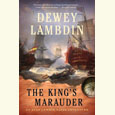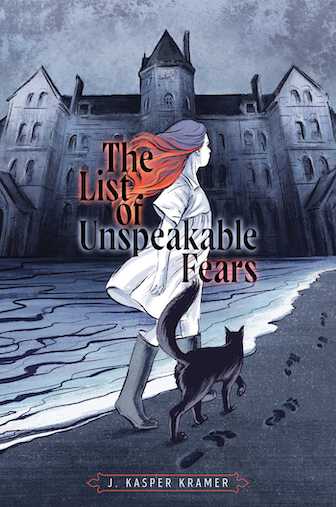Not Too Blue
Songwriter Lucinda Williams offers a transparent view of a life spent writing and healing
Singer-songwriter and three-time Grammy winner Lucinda Williams writes in her memoir Don’t Tell Anybody the Secrets I Told You that when she first came to Nashville she didn’t have “a very good attitude” about the city.
 “I hated what had happened to country music,” she writes. “I had trouble with the idea of two, three, four, or even five or six people writing a song together. I didn’t like the sound of country music at the time, the slick way it was being produced.”
“I hated what had happened to country music,” she writes. “I had trouble with the idea of two, three, four, or even five or six people writing a song together. I didn’t like the sound of country music at the time, the slick way it was being produced.”
The year she moved to Nashville in the early ‘90s, she also won a Grammy for Best Country Song for writing “Passionate Kisses,” which was famously covered by Mary Chapin Carpenter. In the book, she writes through her mixed feelings on artistry and popular success with honesty and self-awareness. Williams laments being overlooked for so long and then gaining attention and the constant push from others to do things their way instead of hers.
“The truth is that I was not just self-conscious, but also scared,” she writes. “I feared that I didn’t belong. It’s a feeling I’ve been trying to shake my entire life. It’s a riddle I believe many artists have been trying to solve for centuries. It takes enormous fortitude to create the work in the first place, but then once it’s time to put it out in the world, the confidence required to go public is unrelated to the audacity that created the work. I’m not as stricken with fear now as I used to be, but it can still pop up from time to time.”
Williams’ style is very straightforward — it’s nice to read a music memoir shaped enough to see a person’s perspective on their full story, and it’s not so polished that it reads like publicity alone. The writing here is nothing like the semi-cryptic and poetic lyrics of her songs like “Lake Charles” or “Right in Time,” but it provides the backstory to each of these songs and more. And, again, the transparency is striking: Williams notes her penchant for poets on motorcycles and walks us through the ways they made her life better and worse. She writes things as she remembers them, not always offering a tidy narrative, but relaying detail with a seeming vulnerability. She explores her place in Southern culture and in country music. Williams has often eschewed genre and titles. She dislikes the terms alt country and Americana, but she does consider herself a Southerner.
“When I say ‘I’m a Southerner,’ many people think, ‘That must mean you’re racist, you’re this, you’re that.’ There are all these stereotypes associated with being Southern, which is a whole problem in and of itself,” Williams writes. “I think that’s why my dad instilled in me, ‘We are Southerners, and we have to fight the people who think that all Southerners are racist, all Southerners are hicks, all Southerners are stupid.’ That’s how I was raised. That’s my South.”
It took Williams years to earn her much-deserved success, working odd jobs at health-food stores and record shops between moments of creating. This book also weaves through the good, the bad and the ugly of her work and personal life, including a deep dive into her dating and family relationships. It’s not all sad, and there’s one awesome, bizarre, and fun story about her biting Ryan Adams’ lip during a make-out session.
Williams also writes of the trauma she experienced as a toddler when her mother, who suffered with severe mental illness, locked her in a closet, and the healing process that spanned many years. She was raised largely working class in the South and moved a lot as her father found new work. Miller Williams was a poet, professor, and salesman who threw wild — but intellectual — parties with members of the literati. Williams notes that if folks think rock stars are depraved, they should spend a little time with writers. (She is absolutely not wrong.)
In one moving portion of the book, she writes about a therapist who asks her to hold her young self in a hug and provide the child the safety she didn’t have then. It’s a poignant moment that clearly had a major impact on Williams’ healing. And it’s a stunning reminder of the necessity of a connectedness to ourselves. This is the kind of stuff made to highlight and come back to again and again.
“In other words, the little three-year-old girl and the sixty-eight-year-old woman are not separate. We’re the same person,” she writes. “You love her as much as you can, you give her everything you have.”
And as for those covers of the songs written by the late Jason Molina that she says in the book she’ll record one day: The world is patiently waiting.

Amanda Haggard is a freelance writer, editor, and journalist living in Nashville. For the past decade, she’s written about homelessness, books, music, politics, food, and everything in between. She is the co-editor of Nashville’s street newspaper The Contributor.


